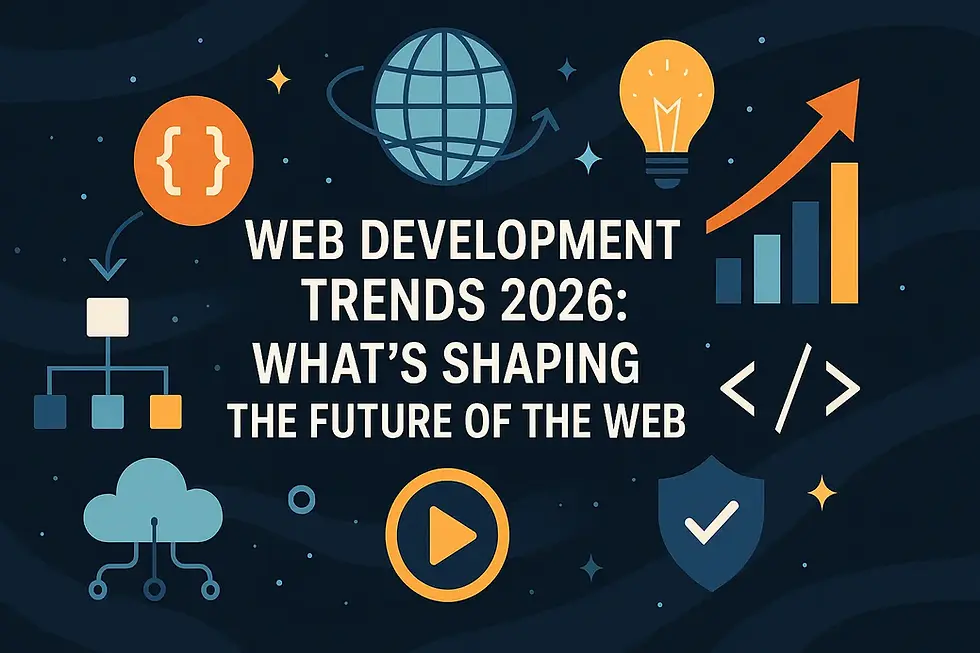Wix vs Webflow: Choosing the Right Website Builder for Your Needs
- Davydov Consulting

- Sep 3, 2024
- 7 min read

Selecting the appropriate website builder is crucial for anyone aiming to create an online presence, whether for a personal project, a professional portfolio, or a business operation. Among the myriad choices available, Wix and Webflow emerge as prominent and capable platforms. Each platform has distinctive strengths that cater to varied user requirements and preferences. This article explores both in depth, offering a thorough evaluation to aid you in determining the most suitable option for your project. A detailed understanding of these platforms will equip you with the knowledge to make a choice that best aligns with your objectives.
Exploring Website Builders

What Are Website Builders?
These are tools that facilitate the creation of websites without the need for manual coding.
They feature drag-and-drop interfaces and pre-designed templates for user convenience.
They are engineered to simplify web design and make it quick for all user levels.
Ideal for those without coding expertise as well as professionals seeking a rapid online setup.
Website builders are tools that enable individuals to construct websites without manual coding. These platforms provide a variety of templates and drag-and-drop interfaces, making web design accessible to all. By streamlining the development process, they allow users to quickly deploy websites with little technical know-how. They are perfect for non-developers and professionals alike who require a fast, reliable, and cost-effective online presence.
Reasons to Opt for a Website Builder
Simplifies the website creation workflow.
Minimizes the time and technical expertise needed.
Often comes with integrated hosting solutions.
Provides customizable templates and design tools for polished sites.
Ideal for anyone wanting to effortlessly create and manage a website.
Website builders are popular due to their ease of use and efficiency. They diminish the time and technical knowledge required to create a website. Moreover, many come with integrated hosting services, removing the need to deal with web hosting and server management. These builders also offer a range of customizable templates and design tools, enabling the creation of aesthetically pleasing websites. Overall, website builders are excellent for anyone seeking to easily create and maintain a professional-looking website.
Wix: An In-Depth Review

What Is Wix?
A cloud-based service for constructing HTML5 websites and mobile sites.
Noted for its intuitive design tools and widespread global use.
Enables individuals with no technical background to establish professional online presences.
Wix is a cloud-based platform that allows individuals to create HTML5 websites and mobile sites using online drag-and-drop tools. It is user-friendly, enabling those without technical expertise to craft a professional online presence. The platform supports millions of websites globally, establishing it as one of the premier website building tools available.
Key Attributes of Wix
Drag-and-Drop Editor
Wix's intuitive editor allows for flexible positioning of elements on a page, enhancing creative freedom. This feature streamlines the design process and is particularly useful for beginners who wish to personalize their sites without coding. Users can simply "drag and drop" different components onto their pages, making site construction both enjoyable and straightforward.
Template Selection
Wix offers an extensive array of templates suitable for various industries and styles. Whether you are a photographer, restaurateur, or blogger, Wix provides a template that meets your needs. These templates are professionally designed and fully customizable.
App Market
Wix boasts a robust selection of proprietary and third-party applications that seamlessly integrate into websites. This app market extends the functionality of Wix websites, allowing users to add features like social media feeds, e-commerce capabilities, and more.
Built-in SEO Tools
Wix simplifies the SEO process with easy-to-use tools designed to boost websites in search results. These tools assist users with SEO fundamentals, from keyword optimization to meta tags, ensuring their websites reach their intended audience.
Advantages of Using Wix
User-Friendly
The platform is designed for ease of use, making it ideal for novices without coding skills. Its straightforward interface allows users to quickly create websites without needing to master complex web development techniques.
Cost-Effective
Wix provides a variety of pricing plans, including a free option, making it accessible for those on a budget. This affordability makes Wix an appealing option for small businesses and individuals looking to establish a web presence affordably.
Customer Support
Wix offers extensive customer support through various channels like forums, phone, email, and live chat. This support is crucial for users who might encounter issues or have questions during their website design process.
Disadvantages of Using Wix
Limited Customization
While Wix offers flexibility, it may not provide the customization depth that some advanced users require. This limitation can be a disadvantage for those needing more sophisticated website functionality.
Performance Concerns
Websites built with Wix may experience slower loading times compared to custom-built sites. This slowdown can result from the extensive scripts and widgets running in the background.
Template Dependence
Heavy reliance on templates might constrain creativity and uniqueness. Although templates facilitate website building, they can also result in a generic appearance if not adequately personalized.
Webflow: An In-Depth Review

What Is Webflow?
A design tool, CMS, and hosting service aimed at a technologically adept audience.
Enables the visual construction of responsive, high-quality websites.
Webflow is a web design tool, CMS, and hosting service that allows designers to visually create responsive websites. It targets a more technologically skilled audience, including designers and developers who seek precise control over their sites.
Key Attributes of Webflow
Custom Code Integration
Webflow permits developers to write and edit custom code, granting greater control over website functionality and aesthetics. This capability is especially valuable for implementing complex features beyond basic design elements.
Responsive Design Tools
Webflow offers sophisticated tools for creating responsive websites that look excellent on any device. These tools are integrated directly into the design interface, allowing easy previews of site appearances on different screens without exiting the editor.
CMS Features
Webflow includes a CMS that enables the definition of custom content types, structures, and designs without coding. This powerful capability facilitates dynamic content generation, making it ideal for blogs, portfolios, and other content-rich websites.
Advanced SEO Options
Webflow provides detailed SEO settings for precise optimization. Users can modify everything from meta titles and descriptions to redirects and sitemaps, affording complete control over their websites' interactions with search engines.
Advantages of Using Webflow
High Customization
Webflow offers extensive customization options, appealing to professional designers and developers. This level of control is ideal for crafting unique, sophisticated websites that distinguish themselves from competitors.
Professional Design Features
Webflow supports advanced design elements tailored to complex and high-end website requirements. Its design-centric approach ensures that sites are not only functional but also modern and aesthetically pleasing.
Hosting Flexibility and Code Exporting
Users can host their sites directly with Webflow or export the code to host elsewhere. This flexibility is a significant benefit for professionals who may need to integrate their designs into larger systems or comply with specific hosting standards.
Disadvantages of Using Webflow
Steep Learning Curve
Webflow's comprehensive feature set comes with a learning curve that may be daunting for beginners. Its advanced capabilities, while powerful, necessitate a solid understanding of web design principles.
Higher Costs
Webflow's advanced features come at a higher price point, particularly for its premium plans. These costs may be prohibitive for some users, especially small businesses or individuals with limited budgets.
Community-Driven Support
Support is primarily community-based, which may not be ideal for users requiring immediate assistance. While the community is active and supportive, the absence of direct support can be a drawback for those who prefer dedicated customer service.
Wix vs Webflow: An In-Depth Comparison

Ease of Use
Wix: Offers a beginner-friendly interface, simplifying the design process for those without technical expertise.
Webflow: Demands familiarity with web design, presenting a learning challenge.
Wix's user-friendly interface contrasts with Webflow's complex toolset, better suited for individuals with some background in web design. Wix targets beginners and those who prefer a simpler design process, while Webflow caters to users who appreciate detailed design customization.
Design Flexibility
Wix: Provides significant creative control through template customization, although limited compared to Webflow.
Webflow: Offers superior flexibility with advanced design options for professional designers.
While Wix allows considerable creative control through its template customization, Webflow offers superior flexibility for bespoke design. This makes Webflow the preferable choice for design professionals seeking to push the boundaries of web design.
SEO Capabilities
Both platforms provide SEO tools; however, Webflow's advanced settings offer better control for deep site optimization. Webflow's comprehensive SEO tools are particularly beneficial for businesses that depend heavily on organic search traffic.
E-commerce Features
Wix: Simplifies setup for beginners with integrated e-commerce tools.
Webflow: Provides robust tools suitable for more experienced users and larger online stores.
Wix adopts a straightforward approach to e-commerce, facilitating store setup for novices. Webflow's e-commerce tools are robust but best utilized by those with more experience. Each platform offers a range of features that can support online stores, but the choice between them should consider your comfort level with web technologies.
Pricing and Value
Wix: More affordable with a variety of budget-conscious options.
Webflow: Higher-priced plans reflect the platform's professional-grade capabilities.
Wix's affordability makes it attractive for personal use and small businesses, while Webflow's pricing reflects its enterprise-grade capabilities. While Wix offers excellent value for money, Webflow justifies its higher price with advanced features and greater flexibility.
Customer Support and Resources
Wix's dedicated support options surpass Webflow's more community-focused support system. Wix provides structured customer service with multiple channels, facilitating easier user assistance when needed. Webflow, offering extensive documentation and an active community, lacks direct support, which can be a critical factor for some users.
Webflow or Wix: Which One Should You Choose?

Best for Beginners
Wix is ideally suited for beginners due to its ease of use and straightforward design approach. Its intuitive drag-and-drop editor and diverse template range make it an excellent choice for those with limited technical skills.
Best for Designers and Developers
Webflow is the superior choice for web professionals who value detailed design control and customization. Its ability to integrate custom code and advanced design features makes it ideal for complex projects requiring a professional touch.
Best for SEO and Marketing
Webflow's advanced SEO tools offer superior functionality for a comprehensive marketing strategy. For businesses focused on maximizing their online visibility, Webflow provides the tools necessary to fine-tune every aspect of SEO.
Best for E-commerce
Wix is best for those new to e-commerce, offering user-friendly tools that simplify the process of setting up an online store. For more established businesses or those seeking advanced e-commerce capabilities, Webflow offers more powerful tools that support larger-scale operations.
Conclusion
Both Wix and Webflow provide distinct advantages depending on your skill level, design needs, and project type. Wix is best for those requiring simplicity and ease, while Webflow is suitable for more complex, design-intensive projects. By evaluating your specific needs against what each platform offers, you can choose the right tool for building your online presence. Whether you are a beginner looking to launch a simple site or a professional needing advanced design capabilities, understanding these platforms will guide you to the best choice for your project.




Comments